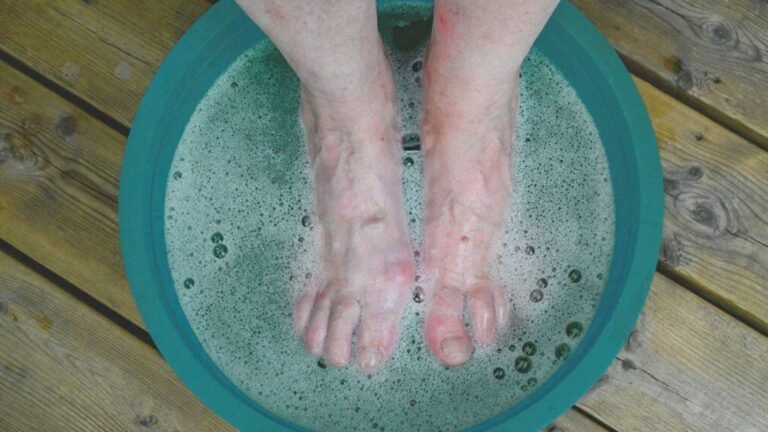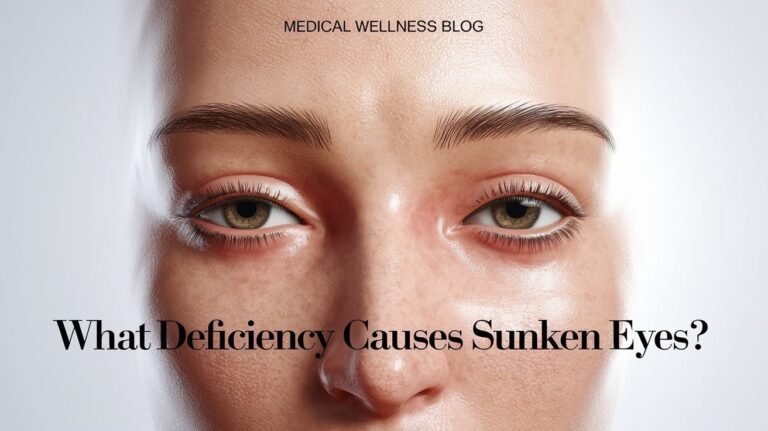Does Hyaluronic Acid Darken Skin?
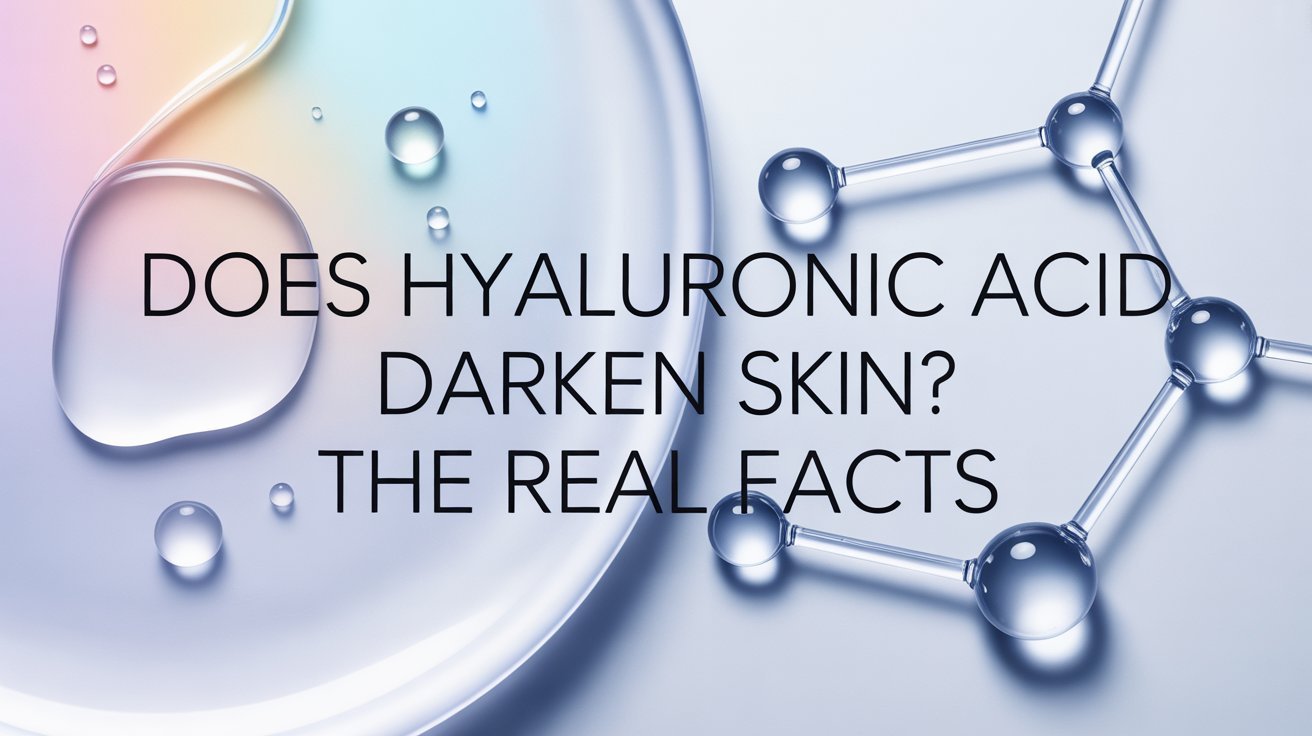
Does hyaluronic acid darken skin? I’ve seen this concern pop up everywhere. That information could cause a little confusion with internet content or skin appearance, so I want to clarify that information.
Let me clarify what hyaluronic acid really does within your skin, also how it works, why the myth of skin darkening exists, and how to use it properly.
Luckily, for me, I’ve done some research. This blog will explain the science, show the common mistakes, and share practical tips; you will know it and feel confident using it by the end.
What Is Hyaluronic Acid?
Hyaluronic acid lives in your body already. You’ll find it in your skin, joints, and eyes. Your skin makes it naturally soft and plump.
Its main job is simple: keep your skin hydrated and firm. As you age, your body makes less of it. That’s why many people add it back through skincare.
Hyaluronic acid is a humectant. This means it pulls moisture from the air and holds it in your skin. Think of it like a sponge that can hold up to 1,000 times its weight in water.
You’ll see it in different forms: serums for concentrated hydration, creams for all-over moisture, toners to prep your skin, and sheet masks for an instant boost.
Can Hyaluronic Acid Cause Skin Darkening?
No, hyaluronic acid does not darken your skin.
The ingredient itself is colorless and clear. It has no pigments. It doesn’t contain anything that would change your skin color. I’ve used it for years and never had this issue.
Why Some People Think It Does
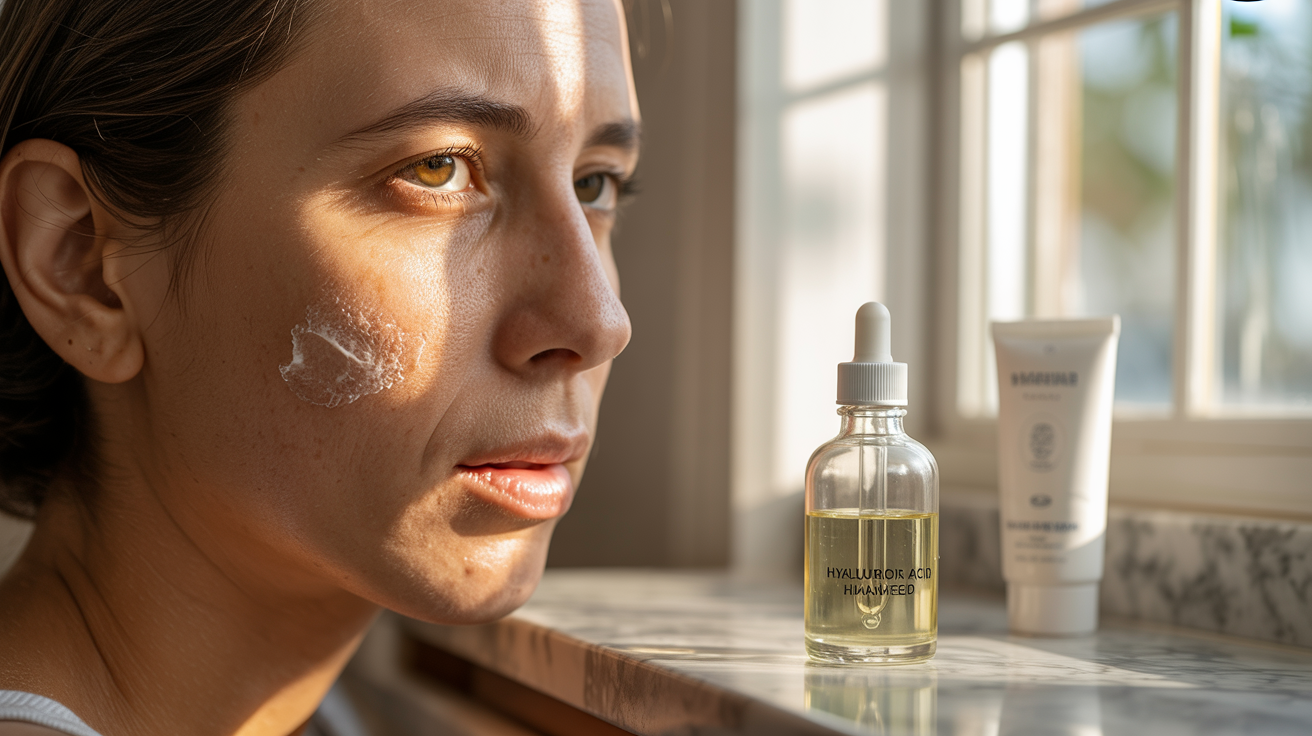
Some people notice darkening and blame the hyaluronic acid. But something else is usually going on.
Dryness from wrong application: If you apply it on completely dry skin, it can pull moisture out instead of in. This makes skin look dull.
Irritation from other ingredients: Some products mix hyaluronic acid with fragrances or preservatives that irritate sensitive skin.
Sun damage without protection: Going outside without sunscreen will darken your skin, no matter what products you use.
Post-inflammatory marks: If your skin reacts badly to a product, it might leave temporary dark spots as it heals.
Factors That May Affect Skin Tone When Using Hyaluronic Acid
Let me clear up some confusion about what actually causes skin darkening when using hyaluronic acid.
Sun Exposure
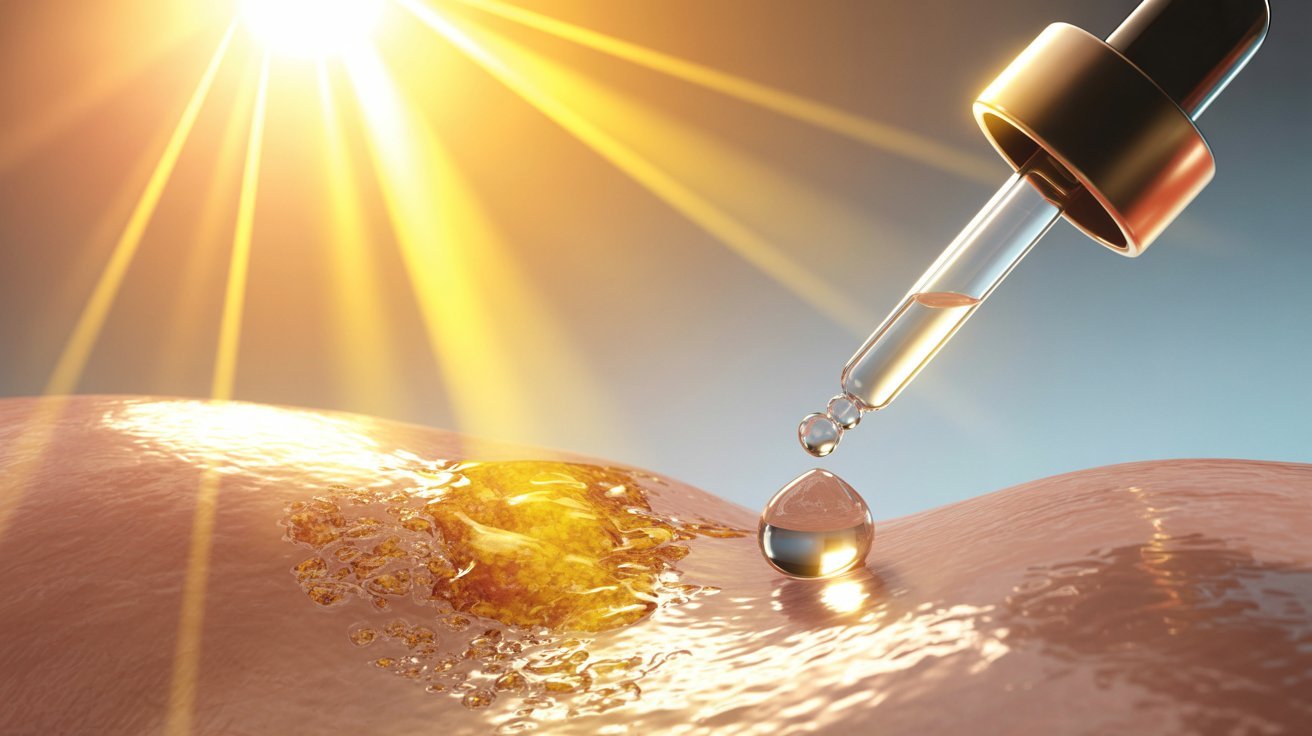
This is the biggest factor. UV rays cause pigmentation, not your serum.
I always tell people: sunscreen is non-negotiable. Use it every single morning, even on cloudy days. Hyaluronic acid doesn’t protect you from the sun. You need that SPF layer on top.
Incorrect Application
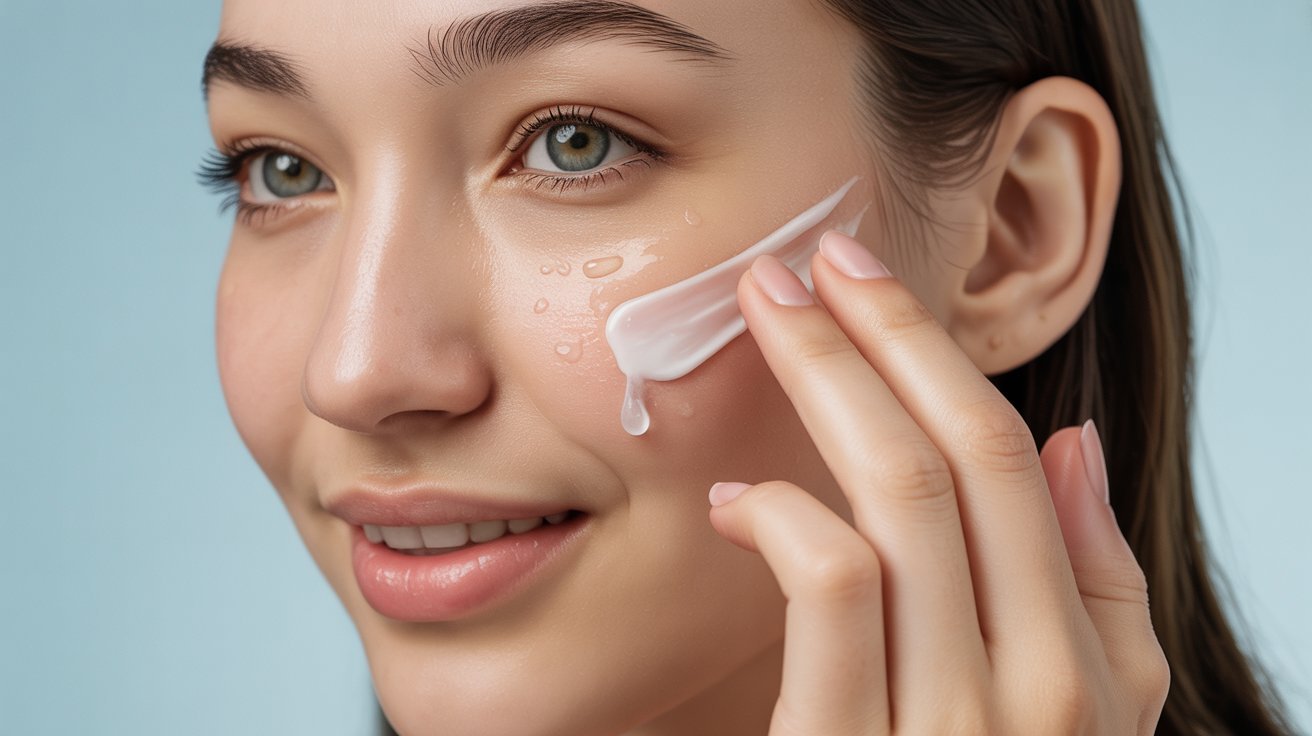
The way you apply hyaluronic acid matters a lot.
Apply it on damp skin, right after cleansing or toning. Your skin should still feel slightly wet. If you wait until your face is bone dry, the hyaluronic acid might actually draw water from deeper skin layers. This backfires completely.
Always follow with a moisturizer. This seals in all that hydration you just added.
Ingredient Interactions
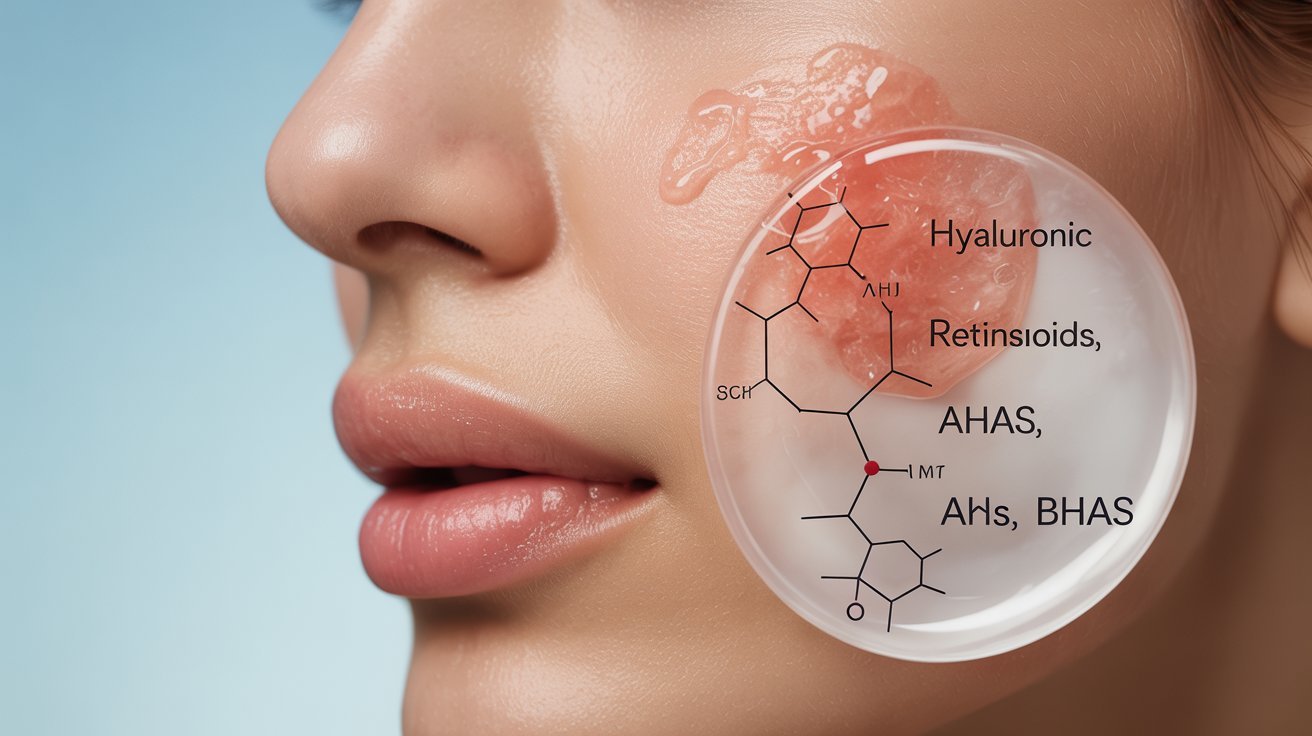
Mixing hyaluronic acid with strong acids can sometimes irritate your skin. This includes retinoids, AHAs, and BHAs.
For sensitive skin types, irritation can lead to temporary dark spots. These usually fade as your skin heals. Start slow when combining products. Give your skin time to adjust.
Does Hyaluronic Acid Help Brighten Skin?
While it doesn’t lighten skin directly, hyaluronic acid supports a healthier and more radiant complexion.
Indirect Brightening Benefits
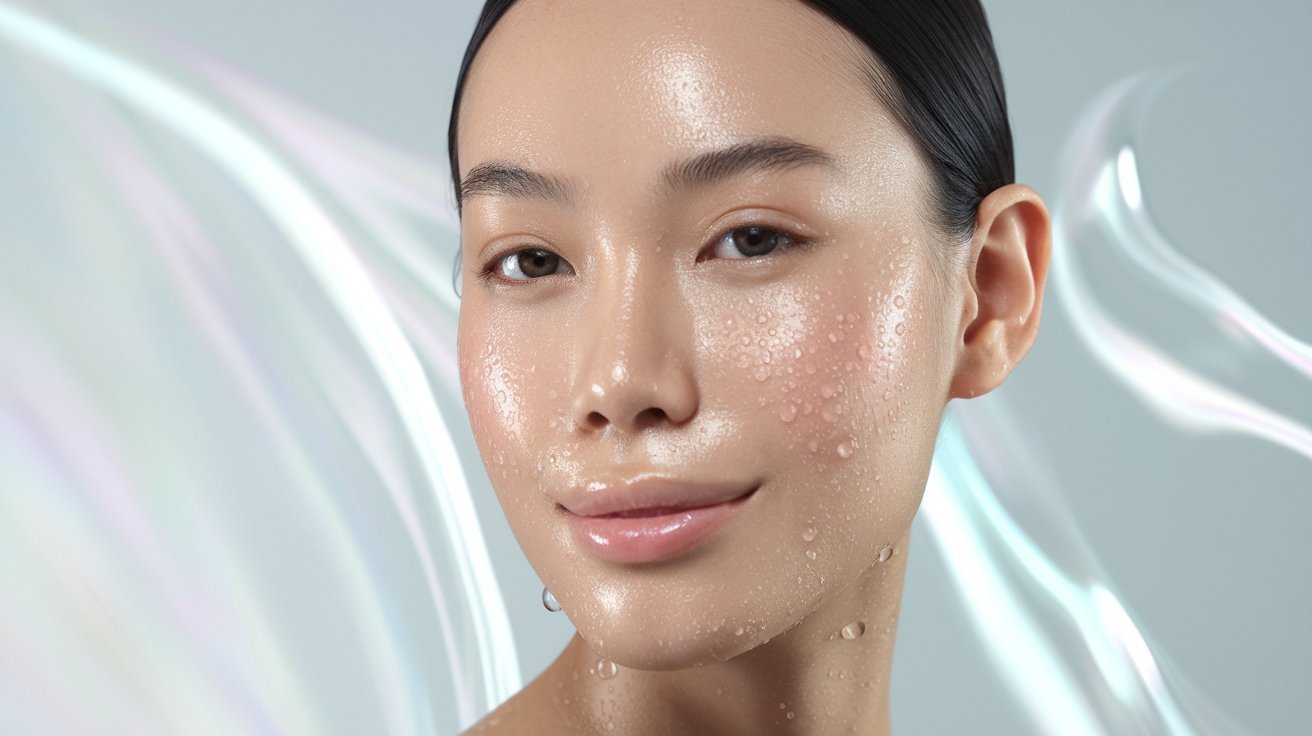
Hyaluronic acid won’t bleach or lighten your skin tone. That’s not what it does.
But here’s what I’ve noticed: well-hydrated skin looks brighter and more even. When your skin is plump and smooth, light reflects better off the surface. This gives you that healthy glow people talk about.
It supports your skin barrier too. A strong barrier means less irritation and fewer dark spots over time.
Best Ingredients to Pair with HA for Uneven Tone
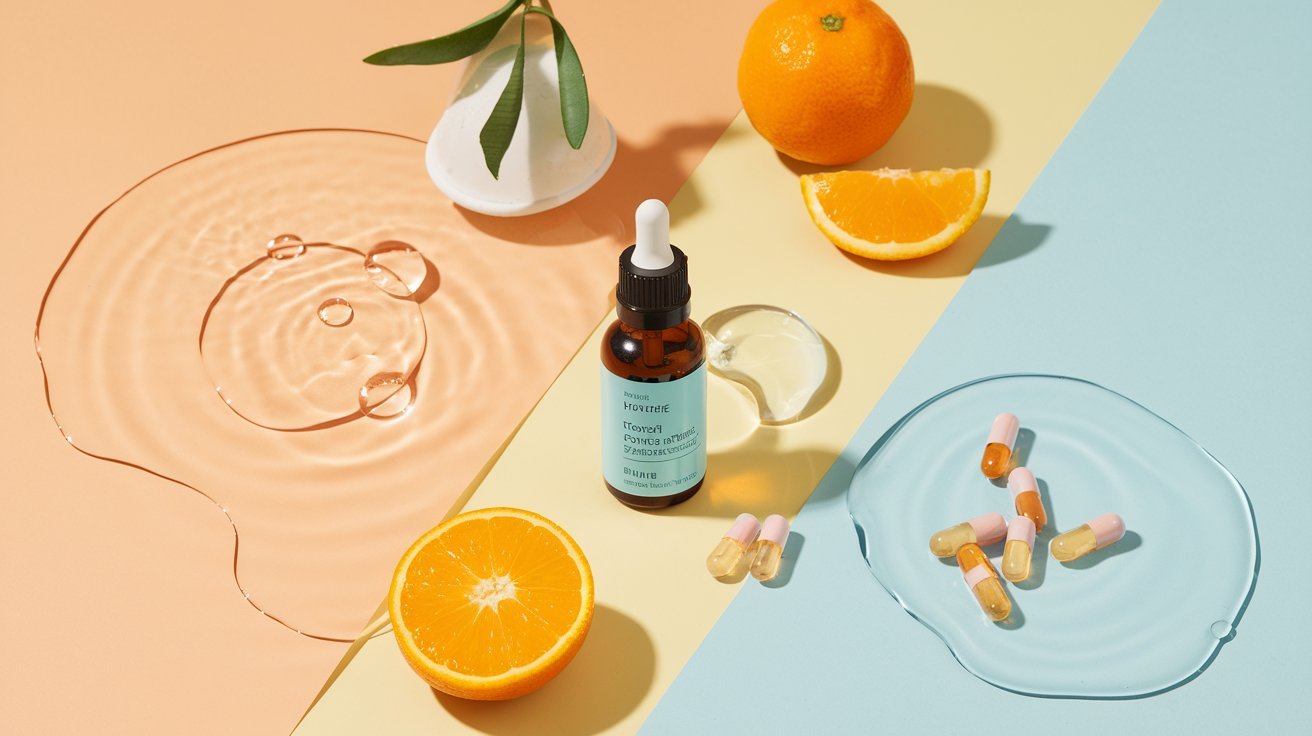
Want to target dark spots directly? Combine hyaluronic acid with vitamin C or niacinamide.
Vitamin C brightens and fades pigmentation. Niacinamide reduces inflammation and evens tone. Hyaluronic acid keeps everything hydrated while these activities do their work.
I use vitamin C in the morning with hyaluronic acid, then follow with sunscreen. It’s been a game changer for my skin.
How to Use Hyaluronic Acid Correctly
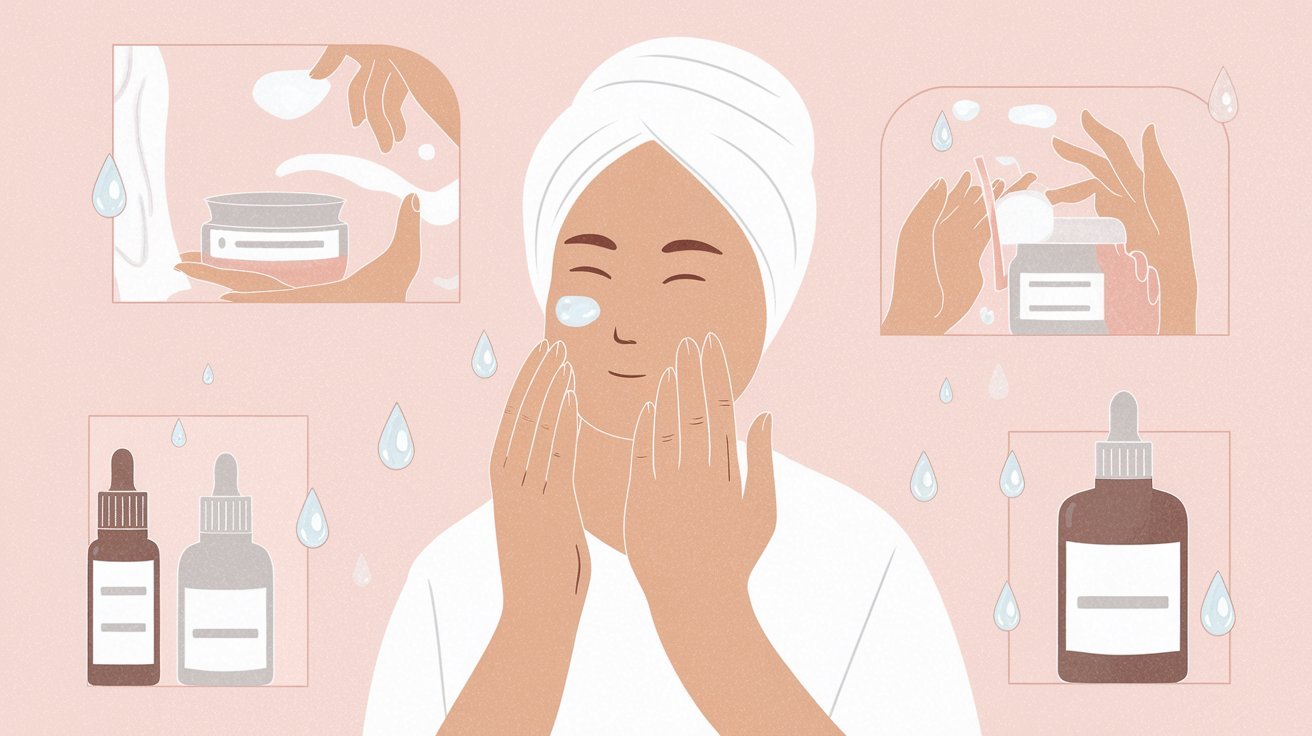
Step-by-Step Application
- Cleanse your face gently with a mild cleanser.
- While your skin is still damp, apply your hyaluronic acid serum. Pat it in softly.
- Wait about 30 seconds, then apply your moisturizer. Don’t skip this step.
- In the morning, finish with sunscreen. Use at least SPF 30.
Recommended Routine
Morning routine: Start with cleanser, then apply hyaluronic acid serum on damp skin, add your moisturizer, finish with broad-spectrum sunscreen.
Night routine: Cleanse your face, apply hyaluronic acid serum while skin is damp, seal with night moisturizer or cream.
Key Takeaways
- Hyaluronic acid does not darken skin. This is a myth based on misunderstandings.
- Proper use actually improves hydration and supports an even skin tone.
- Your skin looks healthier and brighter when it’s well-moisturized.
- Always apply on damp skin for better absorption.
- Use sunscreen daily for best results and protection.
- These two steps make all the difference in how your skin responds.
Conclusion
So, does hyaluronic acid darken skin in any way? Absolutely not.
My skin is better than ever after three years of using it. Using it on damp skin is key. Never skipping sunscreen is also key.
At first I felt scared, but now it is one of the first products I grab. Your skin changes after a few weeks. If this helped you, share it with someone in need to hear this.
Questions? Drop them in the comments below here!
Frequently Asked Questions
Can I use hyaluronic acid daily?
Yes, it’s safe for daily use on most skin types. You can apply it morning and night without any issues. Just make sure to follow the proper application steps.
Does it react with other ingredients?
Generally no, but monitor your skin when combining with strong activities. If you’re using retinol or acids, introduce them slowly. Watch for any signs of irritation or sensitivity.
Can it lighten dark spots?
Not directly, but it supports hydration which helps improve overall tone. For actual lightening, pair it with vitamin C or niacinamide. The hydration makes other brightening ingredients work better.
What happens if I skip moisturizer after applying it?
Your skin might actually lose moisture instead of gaining it. Hyaluronic acid needs to be sealed in with a moisturizer. Without that layer, it can pull water from your deeper skin layers and make things worse.
Is hyaluronic acid good for oily skin?
Absolutely, oily skin needs hydration too. Use a lightweight serum and follow with an oil-free moisturizer. Proper hydration can actually help balance oil production over time.

